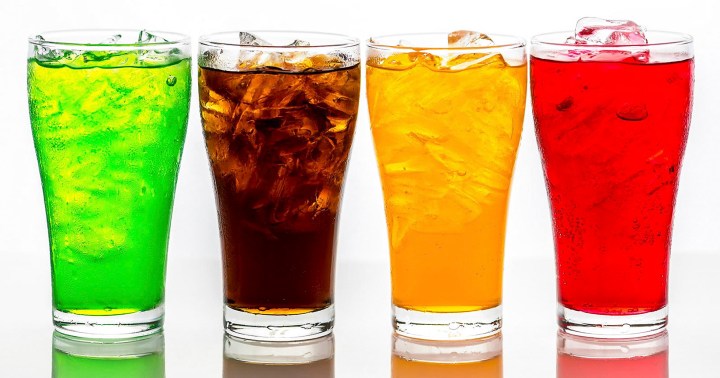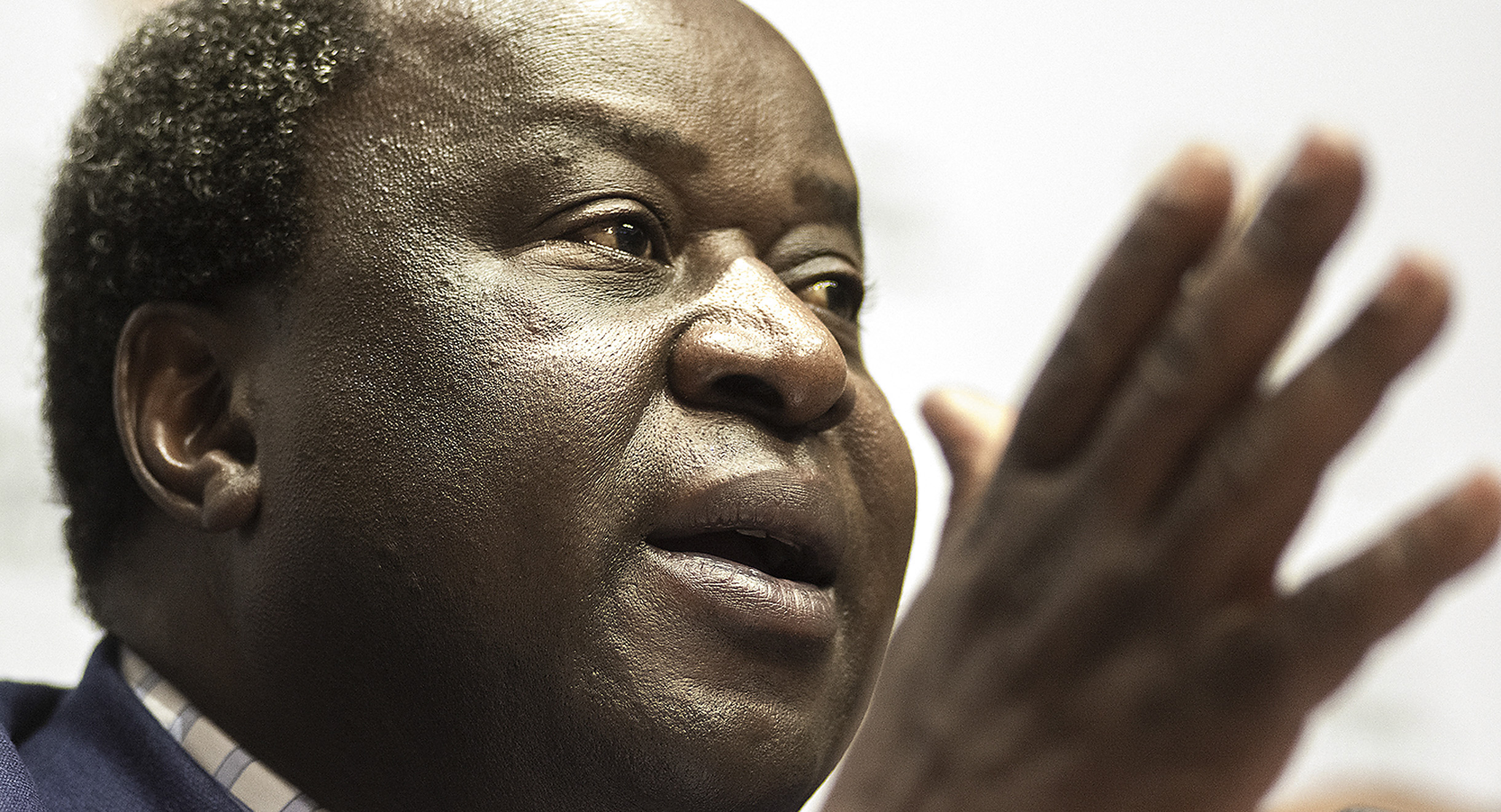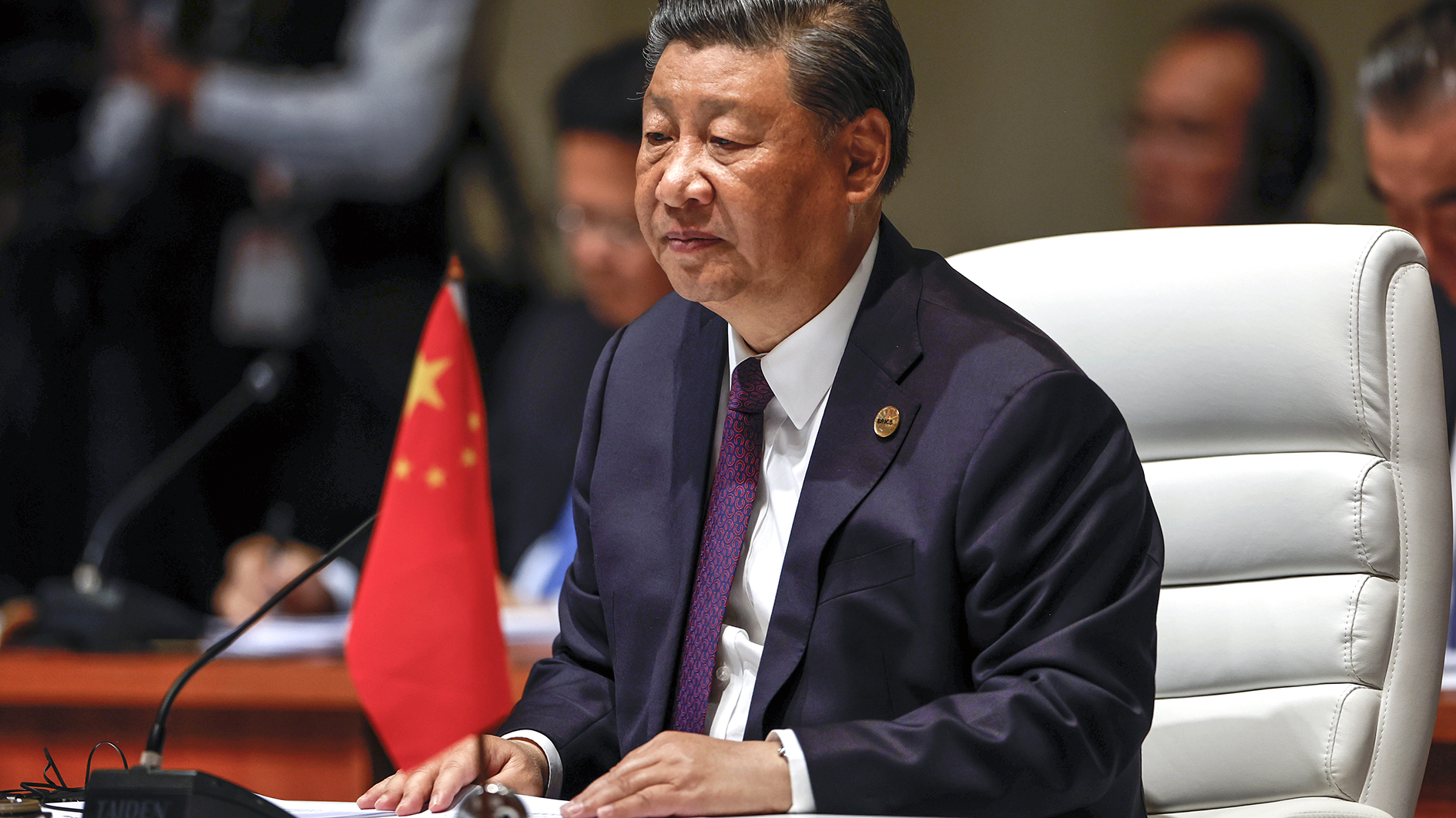ILL-GOTTEN GRAINS OP-ED
South Africa can show BRICS leadership with a new sugar approach

Our Indian and Brazilian counterparts have already made significant strides in converting sugar cane into ethanol, a cleaner alternative to fossil fuels. Why is the South African sugar industry falling behind?
South Africa blazed a trail as the first African country to legalise a tax on sugary drinks, making a bold stand on 1 April 2018. By implementing this pioneering move, we paved the way for a strategy that could reduce the consumption of sugar-sweetened beverages significantly.
Studies by the World Health Organization (WHO) show that a carefully designed tax, aimed at increasing the retail price by 20% or more, would result in proportional reductions in consumption, steering citizens towards healthier choices.
Not long after South Africa’s groundbreaking action, other countries, including Botswana and Zambia, followed suit, implementing their own versions of the sugary drinks tax. However, the road to a healthier society has not been smooth. Many African nations have been slow to act, potentially because of resistance from the beverage industry, which has been fighting back vehemently against these new regulations.
South Africa’s courageous step may have set the stage for a broader transformation, sparking a debate on how to combat obesity and promote healthier living. But the struggle against industry pushback and the adaptation of these laws across the continent continues.
In other unhealthy industries, such as alcohol, tobacco and fossil fuel, the strategy is to deny, delegitimise and delay lifesaving health intervention policies… The sugar industry is just following suit.
The global sugar industry, for the most part, has shown a productive inertia with questionable sustainability, given the limited improvements in productivity, diversification and reduced environmental impacts in cane crop fields, sugar factories, distilleries and non-centrifuged sugar production. However, South Africa’s sugar sector stands out as it has been particularly slow in adapting to new products, notably in the diversification and conversion of sugar into biofuels like ethanol.

In 2018, Finance Minister Tito Mboweni introduced the Health Promotion Levy on sugary drinks that have more than four grams of sugar per 100ml. (Photo: Waldo Swiegers / Bloomberg via Getty Images)
The Sugar Master Plan was formally signed off by South African government and the sugar industry in 2021. The plan had sought to ensure that 95% of sugar is locally procured and that local demand doubles from 150,000 to 300,000 tonnes by 2023. Sugar production in South Africa declined by 25%, from 2.71 million to 2.1 million tonnes per annum over the past 20 years. Local role players have raised concerns about challenges facing the industry. High local production costs compared with other sugar exporters, deteriorating infrastructure, sugar dumping and low sugar demand were highlighted as the main issues way before the Health Promotion Levy was introduced. However, there has been insufficient monitoring, transparency and accountability of the sugar industry’s strides towards achieving the goals set by the Sugar Master Plan.
How does the levy work?
In 2018, the finance minister introduced the Health Promotion Levy on sugary drinks that have more than four grams of sugar per 100ml. The rate is fixed at 2.1 cents per gram of the sugar content that exceeds four grams per 100ml – that is, the first four grams per 100ml are levy-free.
Following lobbying from industry bodies such as the Sugar Association of South Africa and the South African Cane Growers’ Association, the government placed a moratorium on the levy’s annual increase in the 2021/22, 2023/24 and 2024/25 financial years. Just like the tobacco industry, the sugar industry has used its economic power, lobbying and marketing machinery, as well as manipulation of the media, to discredit scientific research and influence governments in order to propagate the sale and distribution of its harmful product.

President of China Xi Jinping at the plenary session of the 2023 BRICS Summit in Sandton, Johannesburg, on 23 August 2023. (Photo:EPA-EFE / Gianluigi Guercia / Pool)
The sugar industry’s cost to the economy due to the burden of diseases on the fiscus is huge. This excludes the cost in relation to the environment and climate change. According to the Medical Research Council: the total cost of overweight and obesity was an estimated R32.970-million in 2020. This represents 15.28% of government health expenditure and is equivalent to 0.66% of GDP. The annual per-person cost of overweight and obesity is R2,751, with the total costs between R30.167-million and R35.960-million.
Read more in Daily Maverick: WHO revises guidelines as hazards of non-sugar sweeteners come under scrutiny
Last week, the eyes of the world were on South Africa as the country hosted the BRICS Summit. Chinese President Xi Jinping called on South Africa to play a bigger role in global affairs. We know that our Indian and Brazilian counterparts have already made significant strides in converting sugar cane into ethanol, a biofuel that is a cleaner alternative to fossil fuels.
The question is: Why is the South African sugar industry falling behind? We have seen the same playbook before with other unhealthy industries such as alcohol, tobacco and fossil fuel, where the strategy is to deny, delegitimise and delay lifesaving health intervention policies by the government. The sugar industry is just following suit.
We can show global leadership by starting a proactive and healthier approach for South Africa, the region and the globe. DM
Nzama Mbalati is programmes manager at the Healthy Living Alliance (Heala).





















 Become an Insider
Become an Insider
I think the answer lies in the last paragraph. The government can’t show global leadership because it can’t even show local leadership by supplying clean water and electricity and cleaning up corruption.
Health had very little to do with tax that is levied on sugar. It is very simple – the ANC ran out of other people’s money so they had to look at other pockets to pick.
you give the gov & sugar industry too much credit. Why would they (sug ind) have to bother with lobbying and marketing machinery when a bribe to anc’s easier and cheaper.